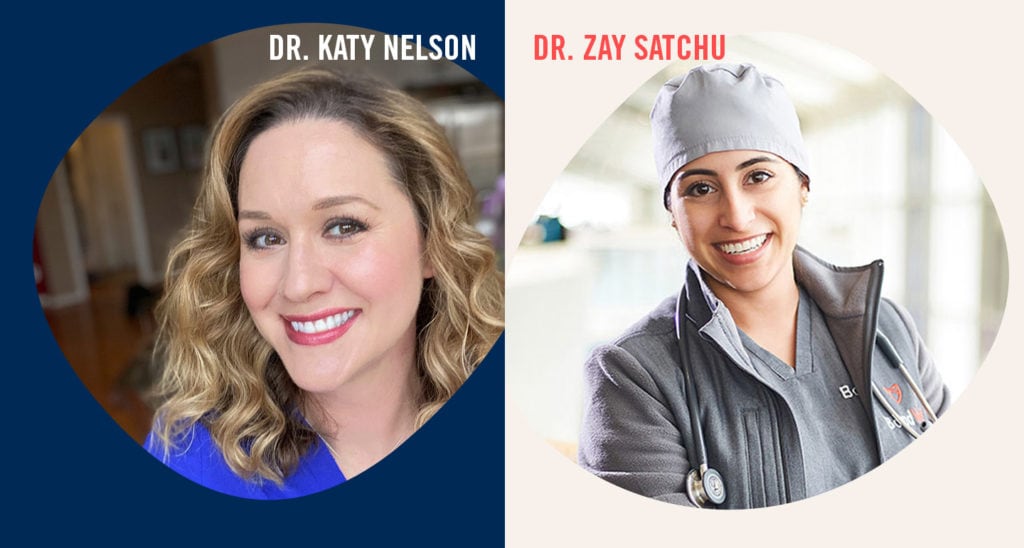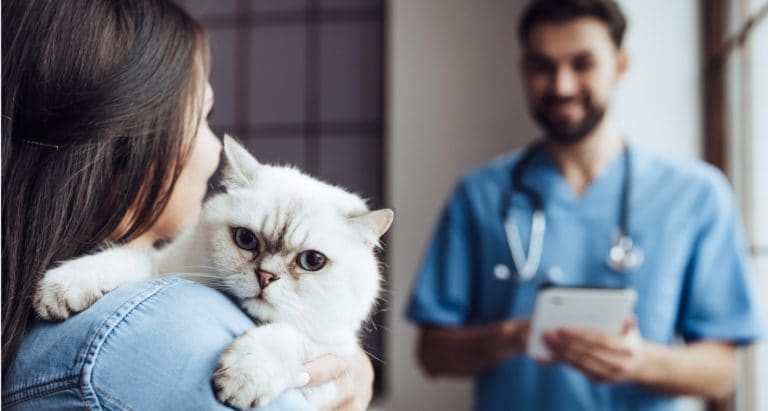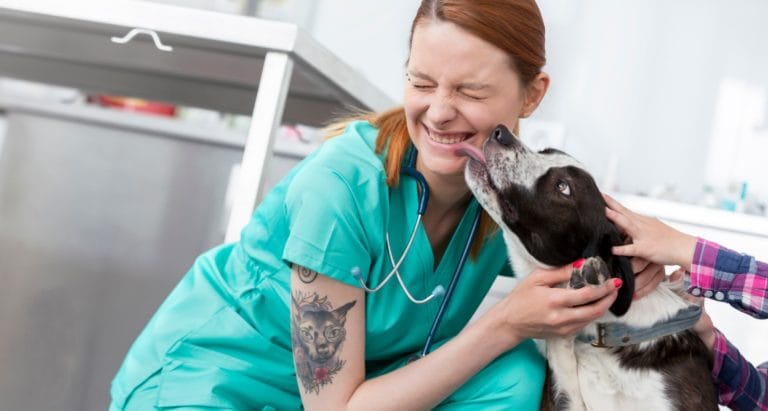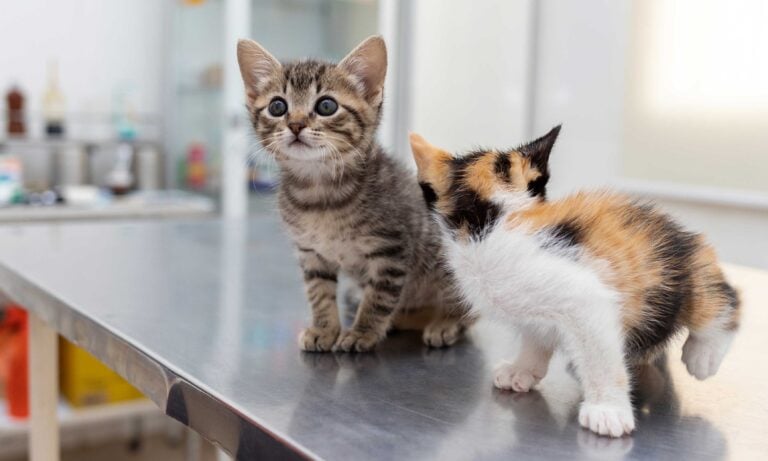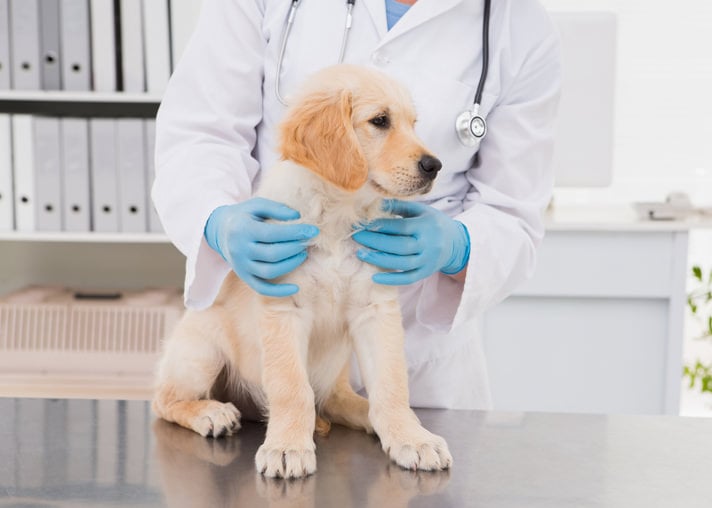Chewy’s resident veterinarian, Dr. Katy Nelson, DVM, of Belle Haven Animal Medical Centre in Alexandria, Virginia, went live on Chewy’s Instagram with Dr. Zay Satchu, DVM, chief veterinary officer of Bond Vet in New York City, to discuss how COVID-19 is affecting pet health care providers. From different clinic appointment protocols to a new way to communicate with clients, vets and their staff are working to adjust to a new normal.
All questions and answers have been edited for length and clarity.
Business at the Clinic Is Slower
Dr. Nelson: It's an interesting time in our world and our profession. This is a serious time and a lot of us are really struggling. You have three hospitals in New York including walk-in and urgent care clinics and are focused on strengthening the bond between humans and pets. How has the current pandemic affected your work?
Dr. Satchu: Yes, when I started the clinics, we were focused on the principle of great design, newest and most effective technology, and a healthy workplace culture for our staff who are passionate about their work. About three weeks ago so much changed, including how we work with pet parents. Things have slowed down and we're focused on seeing patients with more urgent needs. We're concerned about pets that might not be getting the regular care they need. But right now, things are slower.
Socially Distant Vet Appointments
Dr. Nelson: What are the procedures that you’ve put in place to make sure your clients stay socially distant during an appointment?
Dr. Satchu: We are having to ask people to wait outside. When pet parents come for a visit, they hit a buzzer outside the front door, and our care coordinators will communicate with the client over the door system. Once the coordinators get the pet parent’s information and reason for visit, they’ll go get the pet and bring them to the treatment area. The vet will then examine the pet and give the owner a call.
We have also separately launched Telehealth, where our clients can speak to a vet over video chat, so they can get closure on any questions they have while staying safe at home.
Dr. Nelson: We’ve been doing similar things. We go over the new protocol with them when they call to make the appointment. We get the make and model of their cars, and the nurse will come get the pet once they arrive. For the most part, we’re leaving their leashes and collars in the car and are using our slip leads so there’s less back and forth contamination. There will, of course, be a phone call between the doctor and the pet parent. Then we go ahead and do what we need to do, get all our diagnostics run, and then give the pet parent a call back to make sure we’ve covered all their bases and got what they need. At that point, we’ll gather their medication, pass it off to the front desk, they take care of payments, and everything will be passed back to their car all at once.
It’s definitely a very strange way to practice, but it’s the best thing to do for the pet parent and our staff.
Dr. Satchu: I know that all of us cannot wait for this to be over, so we can be able to even just shake someone’s hand again!
Pet Parents Can Curb Pet Costs
Dr. Nelson: We’re seeing an economic downturn in our country, but pet health care must go on. What are some recommendations for payment plans or other ways pet parents can curb pet health costs?
Dr. Satchu: There’s a lot of external sources available, like CareCredit, Scratchpay and VetBilling. If we can’t go down those routes, I think having an open and honest conversation around a pet parent’s max spending amount has been really helpful with all of our vet team members here. It allows us to discuss other options, like staging, where we break up the procedure over time so it’s more cost effective.
Dr. Nelson: I always like to recommend pet health insurance. You’re able to pay ahead of time so it’s there when you really need it. I’ve worked in emergency for many years, and I’ve been able to breathe easier when a client tells me, “I have pet health insurance, let’s do what we need to do.”
Dr. Satchu: Pet insurance is a hard thing to think about during a time where you’re supposed to be cost conscious and don’t want to add an additional expense, but it really does save us time, aggravation, energy and oftentimes, the pets life—and it ends up being fully worth it.
To see the full vet-to-vet chat, watch the videos below.
Part 1:
Part 2:
Share:
